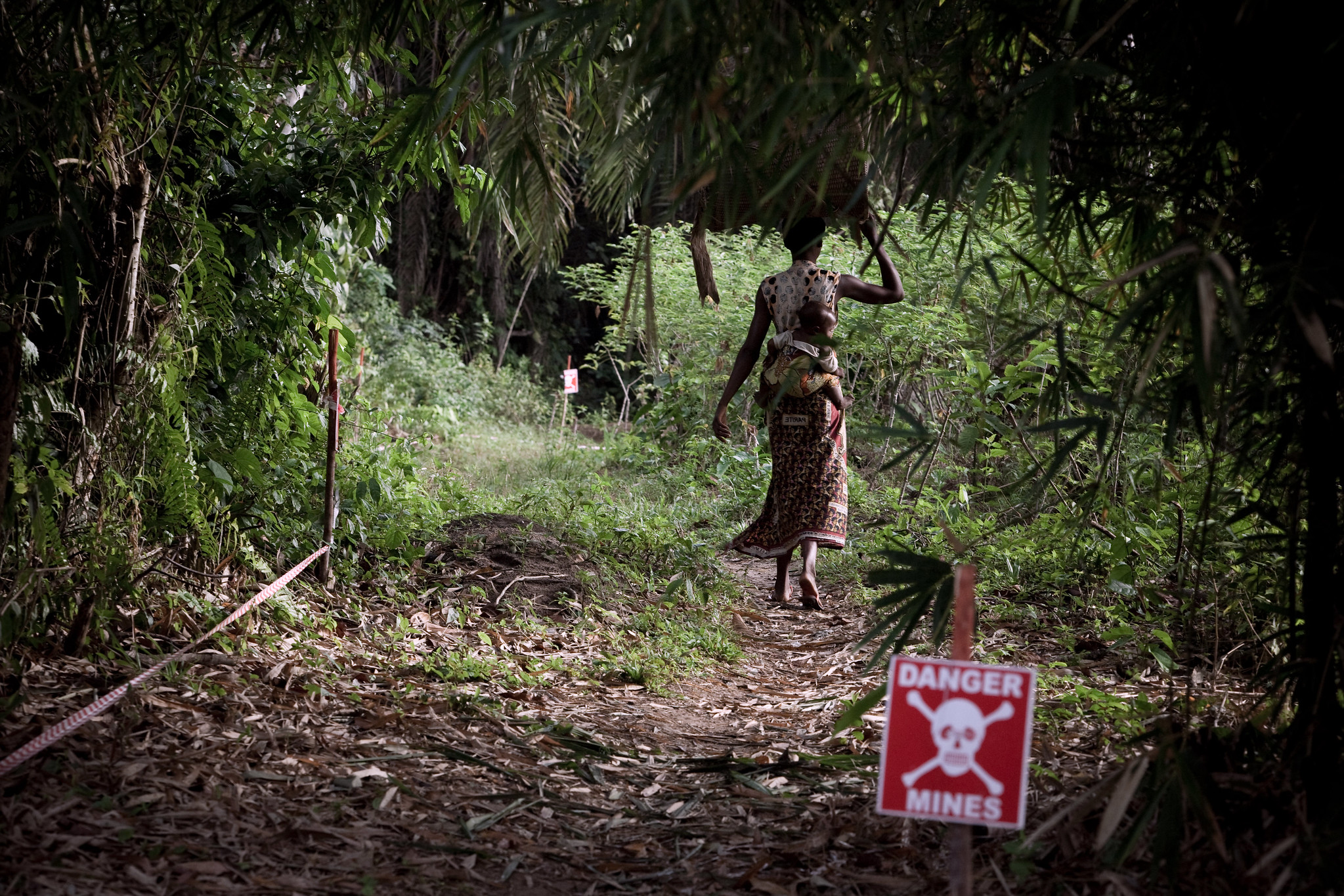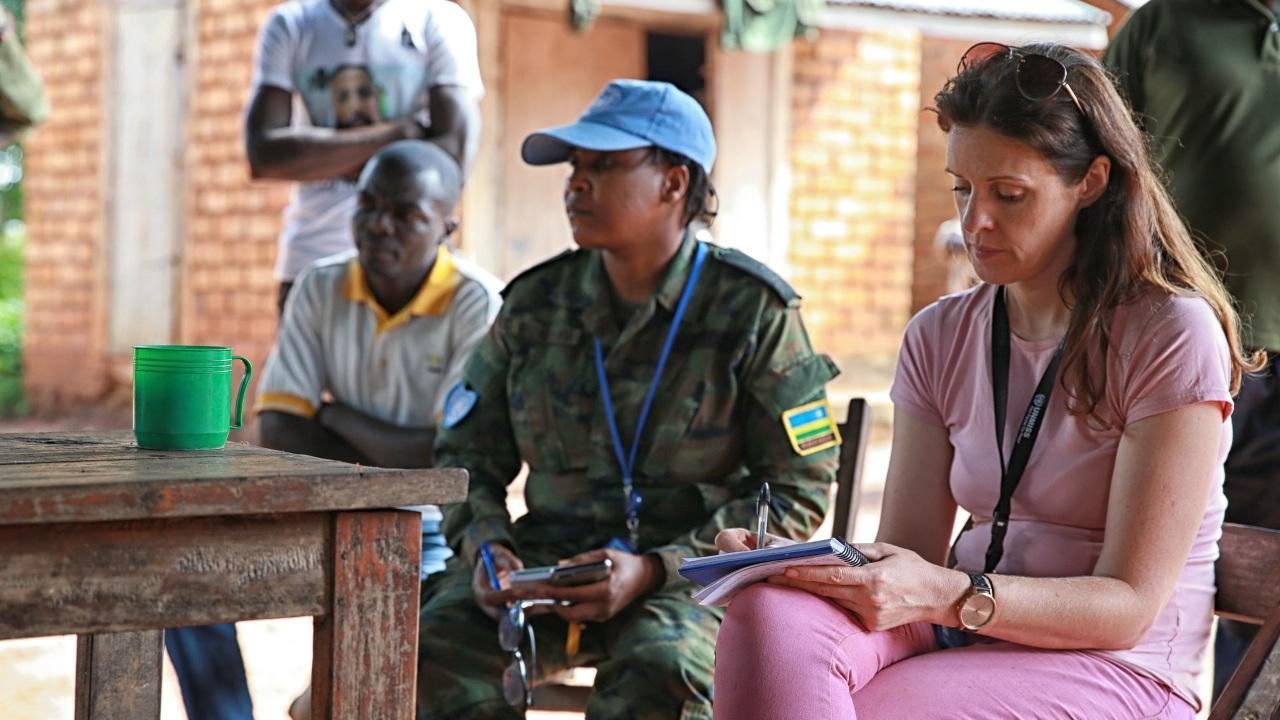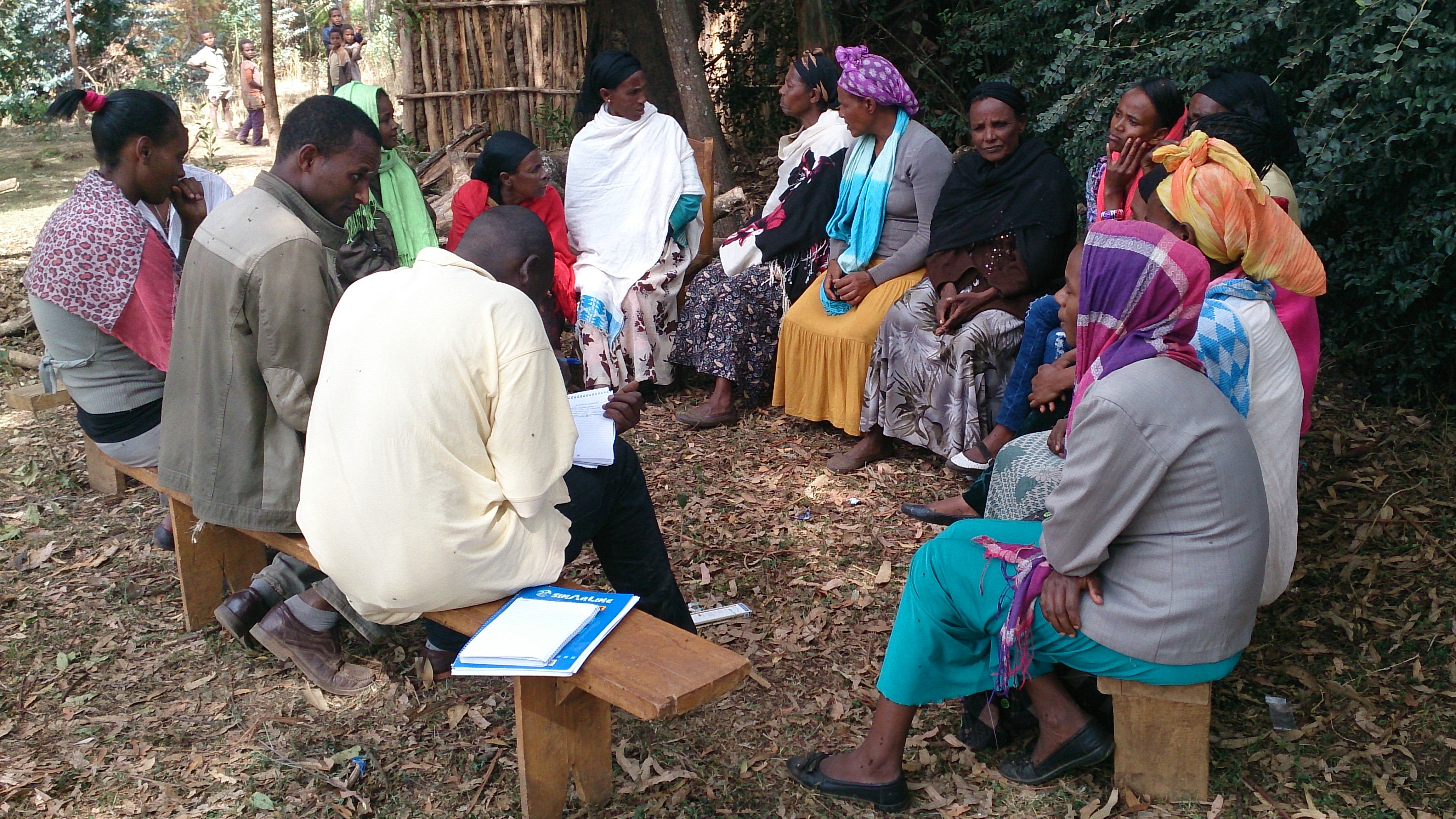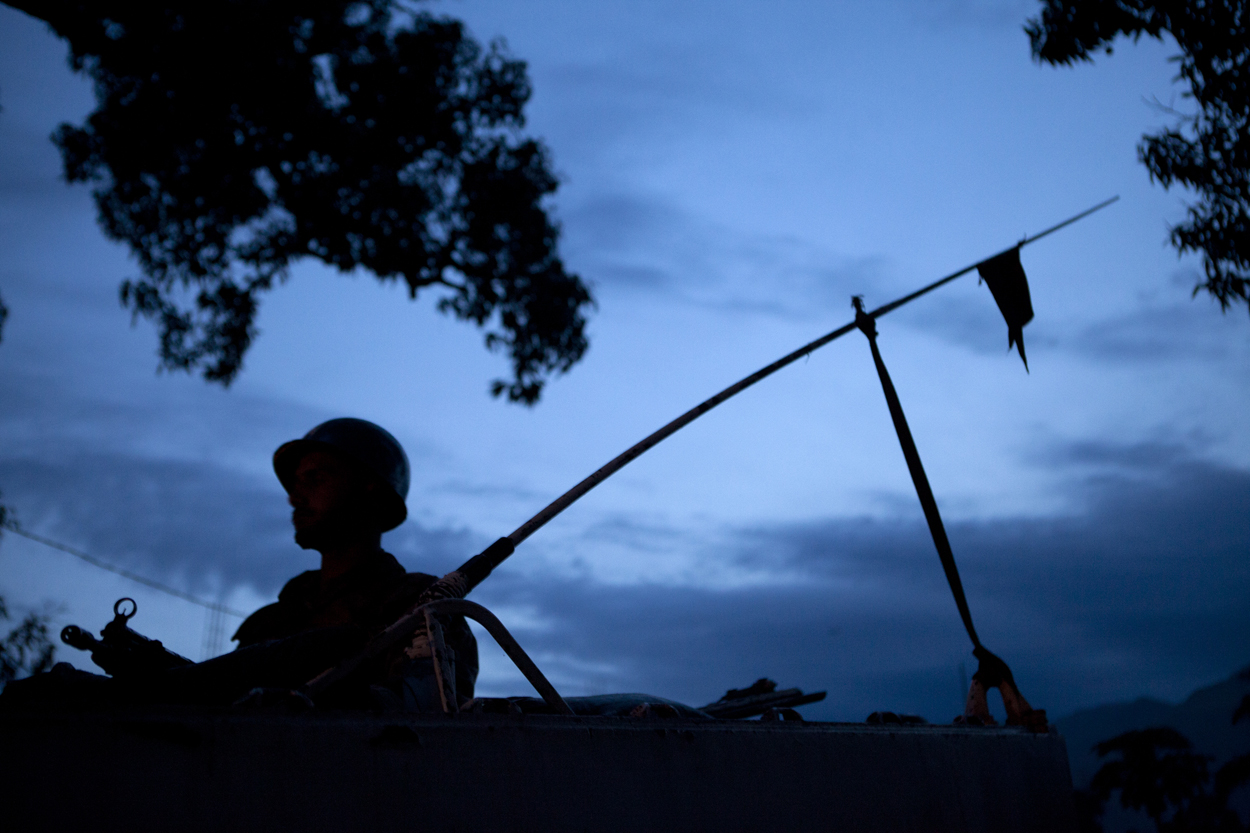Judith Buhendwa Nshobole reflects on the relationship between the donor-researcher and the recipient-researcher in the context of fieldwork between the global North and global South. Not only do power imbalances affect the entire research process, but once work is finished researchers who remain in the communities under study can experience material harm.
This post was produced as part of the ‘Bukavu Series’, a series of blogs highlighting the violence that persists in the process of academic knowledge production.
Power imbalances between ‘donor-researchers’ and ‘recipient-researchers’ at the outset of a project create power imbalances throughout the entire research process.
To begin with, the recipient-researcher rarely gets to have any sort of substantial involvement in defining the objectives of a study. The aim of the research is often determined by the donor-researcher, who sets his or her own objectives. They are the one who leads discussions, negotiates contracts, sets guidelines and defines the results to be achieved, in line with the funder’s requirements – all of which takes place in spaces the recipient-researcher has no access to. This imbalance in the power relationship between donor-researchers and recipient-researchers also extends to the epistemological and methodological aspects of a project.
With everything designed on the global North side of the collaboration, the development of data collection tools often occurs without taking into account the expertise of recipient-researchers. Next, during the implementation stage, local researchers end up receiving directives that they have to adapt to the realities of the field. Oftentimes, their expertise isn’t taken into account during this phase either. There are, for instance, certain sensitive areas where you can’t go around asking questions to just anyone. However, if the interview instructions developed for the project are overly rigid, this can prevent recipient-researchers from making their own adjustments to the protocol.
After the fieldwork, the donor-researcher awaits the research results and the field report in order to carry on with the next steps of the process. But what opportunities do recipient-researchers get to showcase or develop their expertise once their reports are submitted? Shouldn’t they have the opportunity to be a part of the subsequent stages of a study, even after the submission of their reports? Perhaps they might prefer to appear in the final publication, so as not to remain in the shadows. This sort of visibility could, after all, open doors for them and allow them to make professional progress.
Moreover, during data collection, the people being interviewed sometimes ask for feedback: ‘How is the data that we’ve provided going to be used later?’ is one question that often gets brought up by respondents in the field. At times, recipient-researchers have no answer to such questions, since once they’ve collected the data and submitted their field reports, their jobs are finished. And sometimes in the cases where local researchers prove bold enough to engage with a community’s expectations regarding some sort of follow-up, all they can really say is, ‘We’re still waiting to hear about our Northern partners’ plans.’ More often than not, donor-researchers just leave the area, while recipient researchers may have to work with the same communities in the future. A lack of accountability toward participant populations in one project can lead local researchers to be poorly received in the same area on future visits, since respondents may begin to see them as people who come to the community merely to get rich off the data they collect there.
This post was translated by Sara Weschler. It first appeared on the Governance in Conflict blog hosted by Ghent University, with funding from the LSE Centre for Public Authority and International Development.
Photo by Charlotte May from Pexels.





